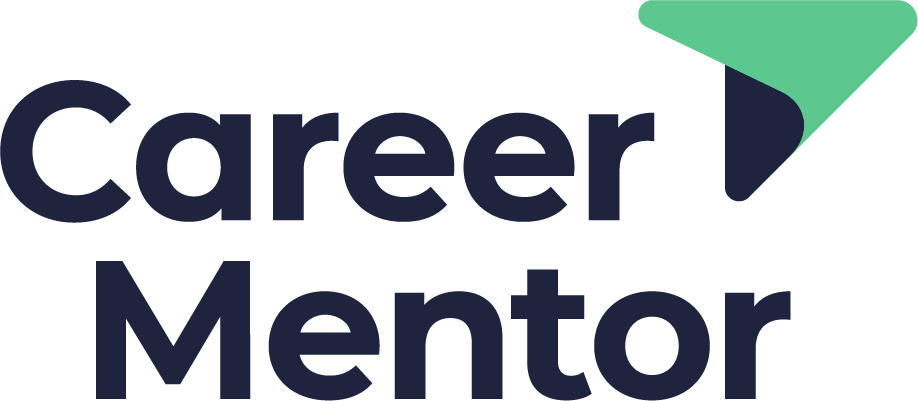Interviews: What if you’re missing an important requirement?
As you engage in a job search and then find yourself in an interview, what should you do if it becomes apparent that you lack a key component that the interviewer is looking for?
The first thing to say is that if you’re now in an interview, even if it’s a first screening interview, the hiring manager has looked at your CV and cover letter, and decided that you at least qualify and are a good enough fit for them to invest time and attention into. This is a good start - it means you’re already ahead of all those other candidates who were not invited to interview. Logic demands that there must be something that they recognise in you, even if you’re not a perfect fit for what they’re looking for on paper.
If we liken job interviews to a sales call, then the salesman will know that ‘objections’ from the prospect are very likely to come up and will have a number of ways of handling those objections. Applying these same techniques to an interview context can be highly effective.
Question if it’s really that important
Remember that when you’re in the interview, you’re focussed entirely on the person conducting the interview. Never mind what the job spec said, or the brief from the recruiter, or even what you learnt from any previous interviewers at this firm for this job. It’s the opinion of the person sitting right in front of you right now that counts. So, ask the interviewer about what qualities, abilities and skills they think are most important and then play to that narrative. If the interviewer does mention the aspect that you’re missing, you can ask why it’s so important and what impact it will have on the business. That will lead you onto the next suggestion. It might undermine its importance in the mind of the interviewer and reduce the issue to being just a minor consideration.
Replacement
You may be able to suggest that you have other skills that would enable you to replace a skill with something else which, most importantly, would achieve the same impact for the business. For example, you may not be particularly skilled at writing copy, however, you’re an expert with Chat GPT and other AI tools, which enables you to write very well in half the time and in a way that does not read like it was AI-produced. This might require some creative thinking, but if you genuinely believe that you’re still the right person for the job and can compensate for any lack of specific skill, make that clear.
Outweigh
In the same vein, you may bring with you ways to add value that completely outweigh the requirement that you’re missing. In fact, your skills and abilities may not even be on their list, but now that you mention it, they think that they could really use all those additions that you bring. Many roles start with a well-defined and tightly written job description. Yet over the course of the recruitment process, the hiring team becomes aware of capabilities that they didn’t know they needed but now they feel that they do. Call it ‘mission creep’ or ‘moving goal posts’ - it happens often. It'll allow you to outweigh the thing you’re missing and diminish its perceived value.
Mitigate
Let’s say that you’re going for a senior position and in many ways you are uniquely suited for the role. However, you lack experience in, let’s say, risk management. You might decide that a sound approach for the interview would be to draw attention to the deficit and suggest that having a risk expert as part of your management team would mitigate your lack of knowledge and expertise in a manageable way. It also has to be said that, perhaps, there may be no perfect ‘I’ve got it all’ candidates and so this might be a sensible solution.
While preparing for your interview, it will pay dividends to think critically about where your strengths lie and just importantly where your vulnerabilities are. You can anticipate how the interviewer might approach those areas. Use this to then create a series of questions and statements that you can use to handle anything that might come up. Turn a negative into a positive or at least regarded as a neutral. Finally, do your rehearsals so that you’re completely ready and comfortable handling what is likely to come up in conversation.
And what if that doesn’t work?
One final note to consider. If it is that you lack a critical component of what the hiring firm is looking for, and it is genuinely pivotal to the success of the role, perhaps it’s not the right job for you. This is absolutely fine. It’s better to use your time selectively in a job search - something that can be arduous, draining and time consuming - to target jobs that you will truly be able to excel in.
If you’re currently applying for a new role and would benefit from a no-strings-attached, 15 minute coaching call, click here to schedule a conversation.
